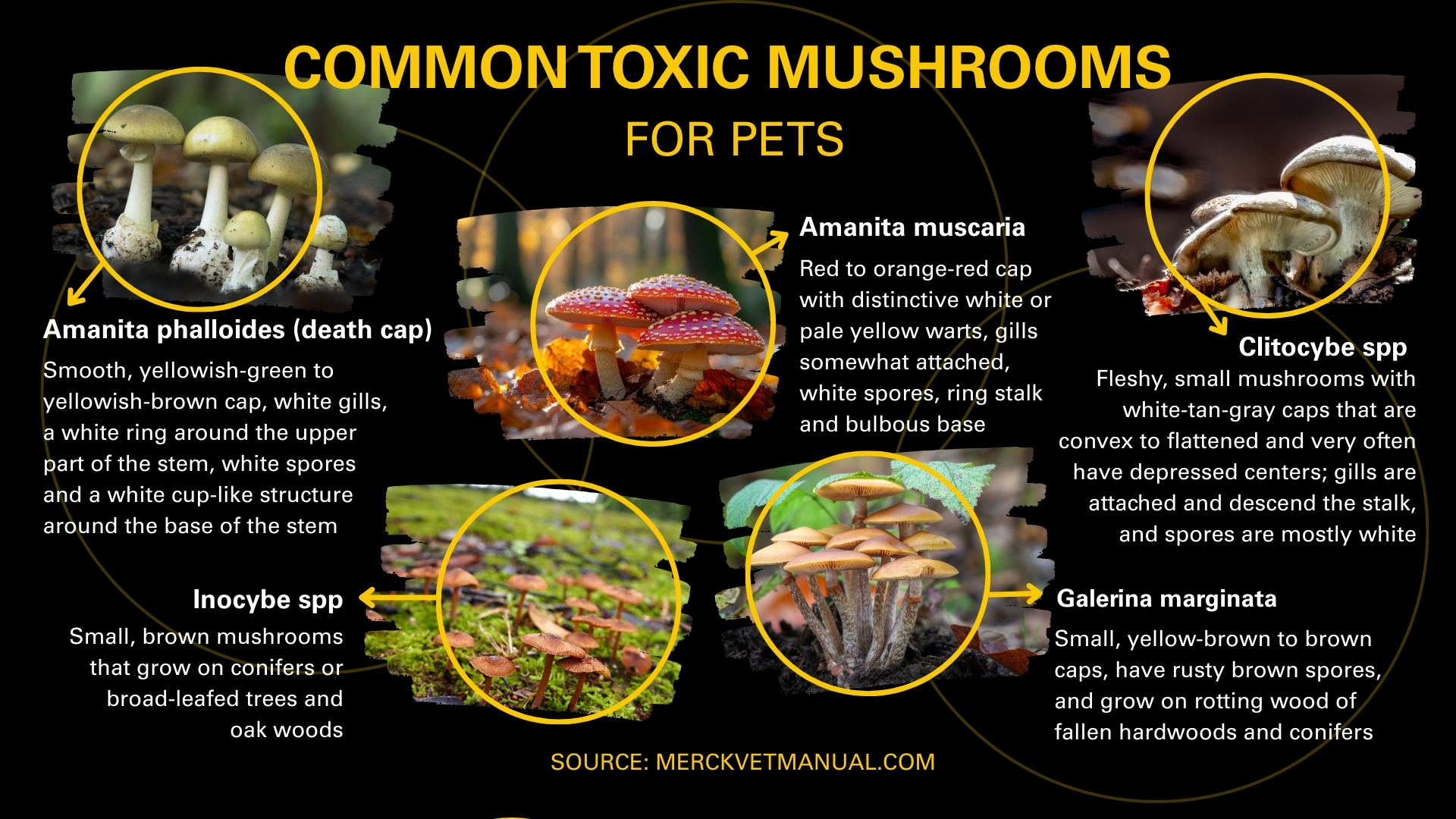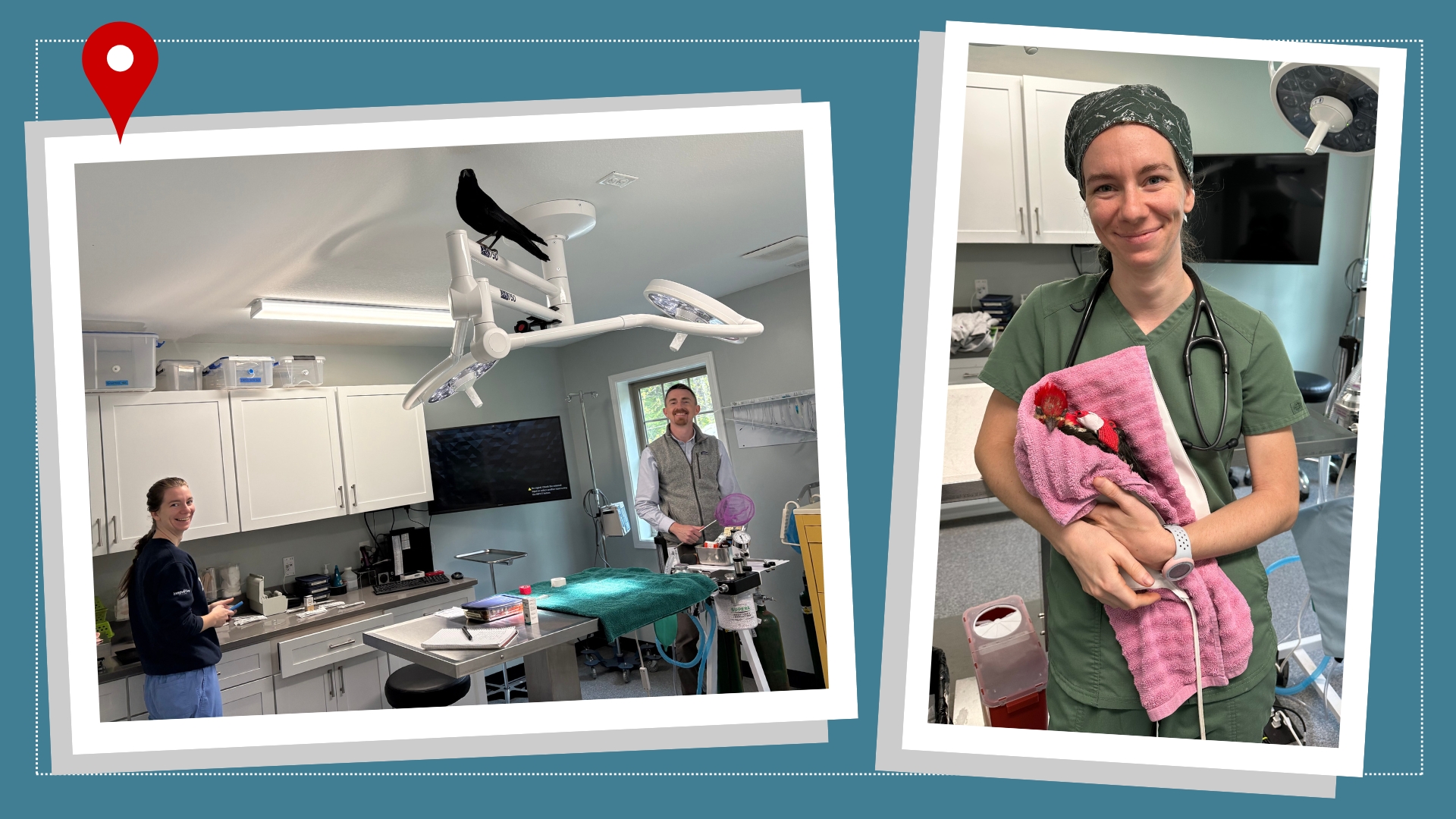NC State College of Veterinary Medicine veterinarians want pet owners to be aware of the dangers of toxic mushrooms after having two confirmed cases this week of dogs dying from poisonings.
Dr. Cordelia Leeder, an intern in small animal medicine at the NC State Veterinary Hospital, says any curious or unsupervised dogs are at risk if they ingest these toxic fungi.
“Both dogs were emergency referrals, one from Guilford Country and the other from within Wake County,” she says. “They were referred to NC State primarily due to the severity of their liver disease and liver failure.”
At NC State, clinicians follow a treatment protocol called the Modified Santa Cruz Protocol, which includes serial drainage of the gallbladder to limit the enterohepatic recirculation of amatoxin.
“Unfortunately, toxicity from the Amanita Phalloides species of mushrooms, commonly known as death cap mushrooms, carries a very poor prognosis, even with treatment,” Dr. Leeder says. “It is nearly 100% fatal without intervention.”
We asked Dr. Leeder what pet owners should know.
Q: How can you tell if your dog has eaten a toxic mushroom?
A: The hallmark signs include vomiting, diarrhea and gastrointestinal upset within 6 to 12 hours of ingestion, followed by a deceptive ‘honeymoon phase’ where symptoms temporarily improve. After this, dogs often progress to liver failure, which is when they become critically ill.
Q: What should a pet owner do?
A: Four things:
- Never allow your dog to eat wild mushrooms, even if they appear harmless.
- Supervise dogs in the yard, especially during warm, damp weather when mushrooms tend to grow.
- Remove any mushrooms from your yard promptly.
- If you suspect your dog has ingested a mushroom, seek emergency veterinary care immediately. Waiting can cost precious time.
Q: What message would you like to share with pet owners?
A: This is a very serious and often fatal condition. The sooner we begin treatment, the better the chance of survival. If you even suspect that your dog might have eaten a mushroom, do not wait, go to an emergency clinic right away. We often see these cases when it’s already too late, and early intervention can make all the difference.
- Categories:



